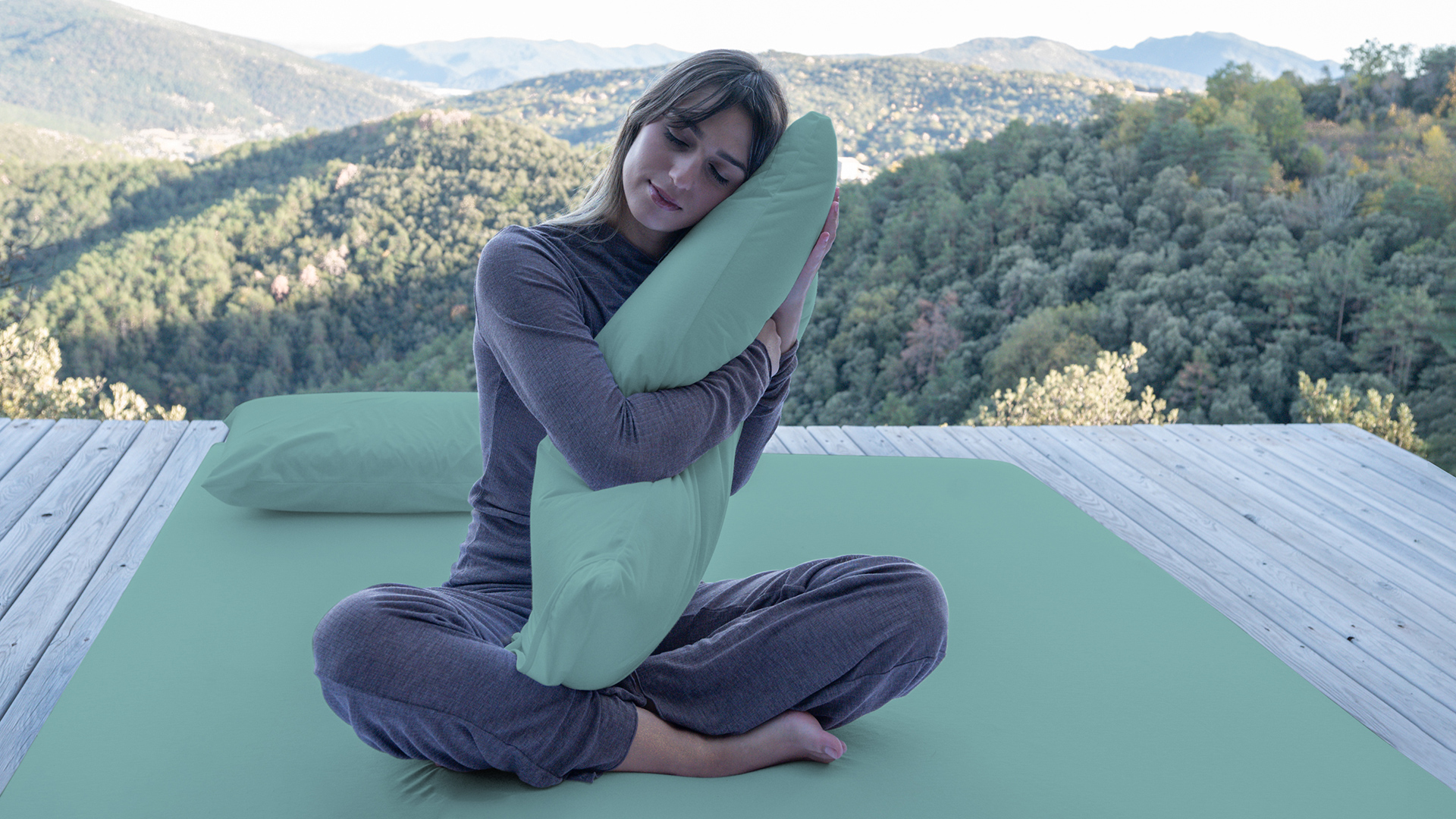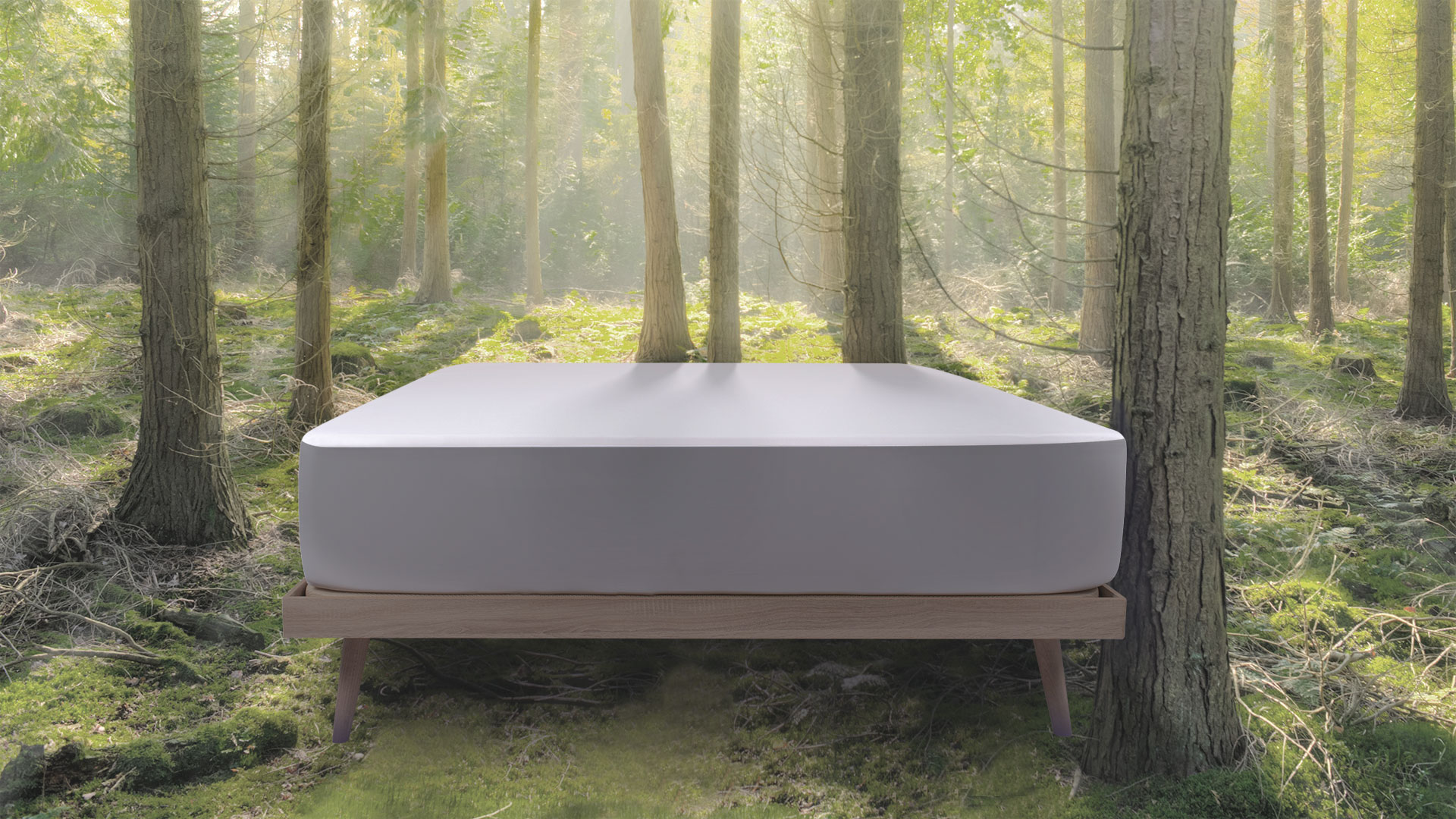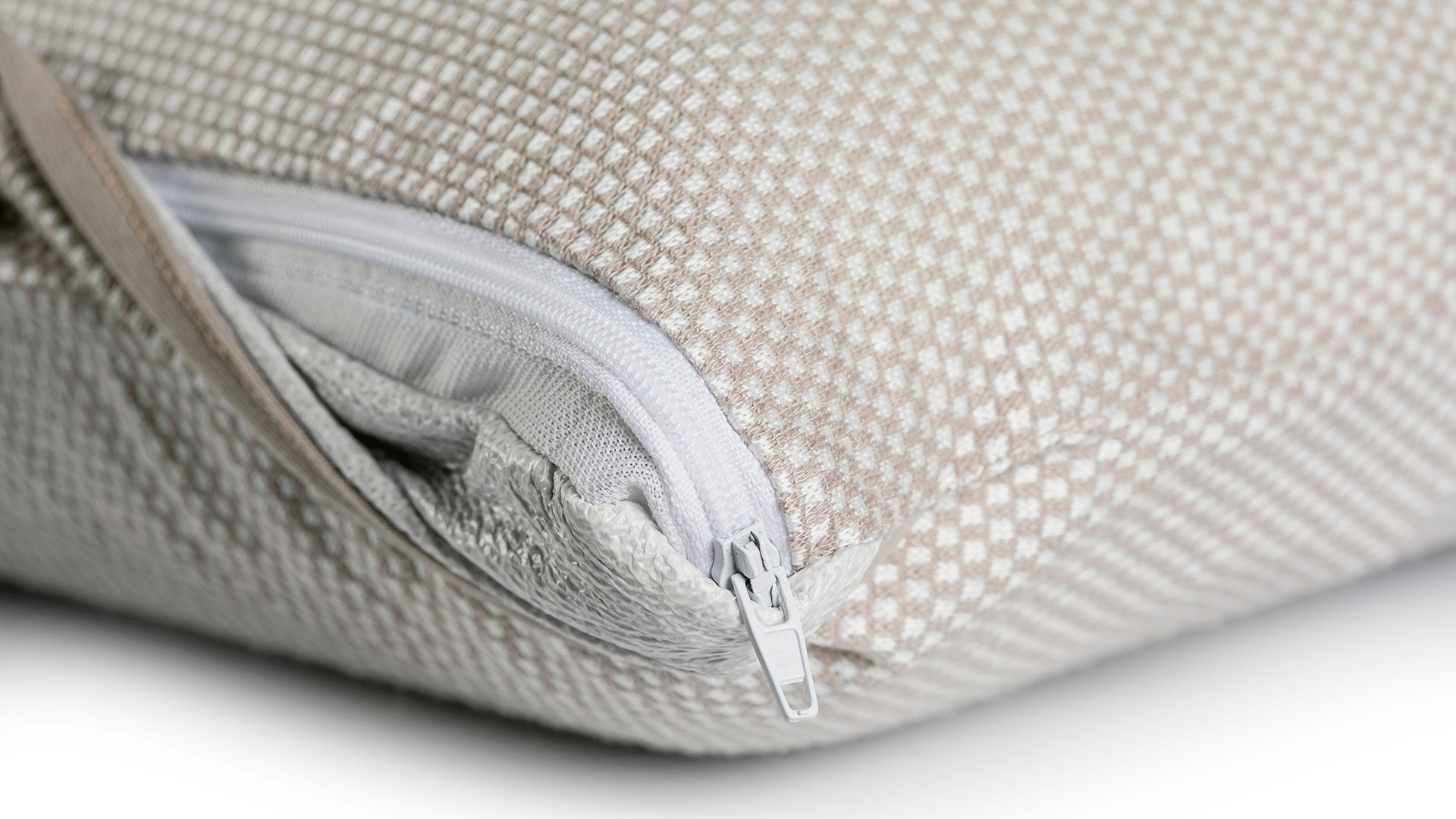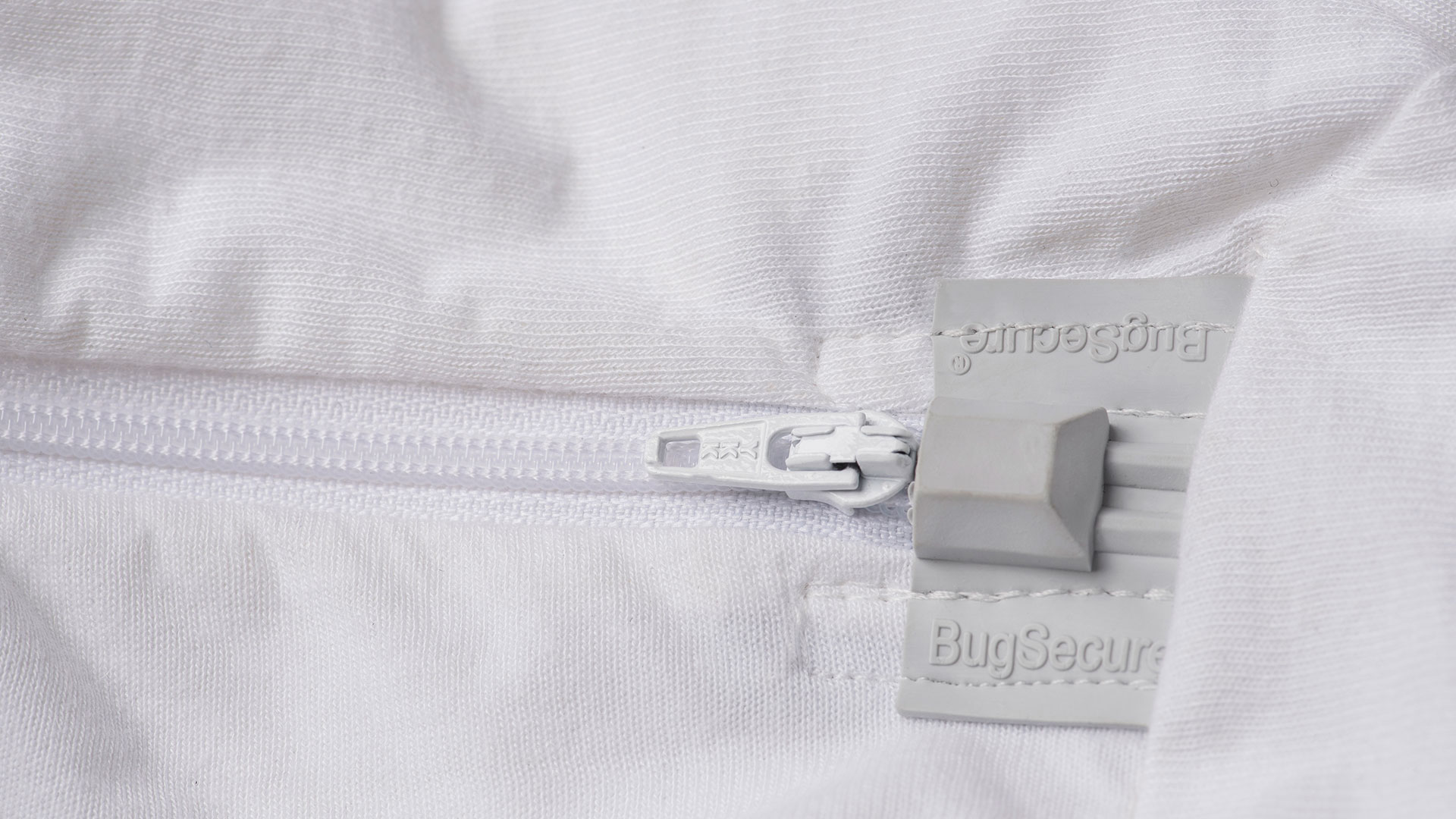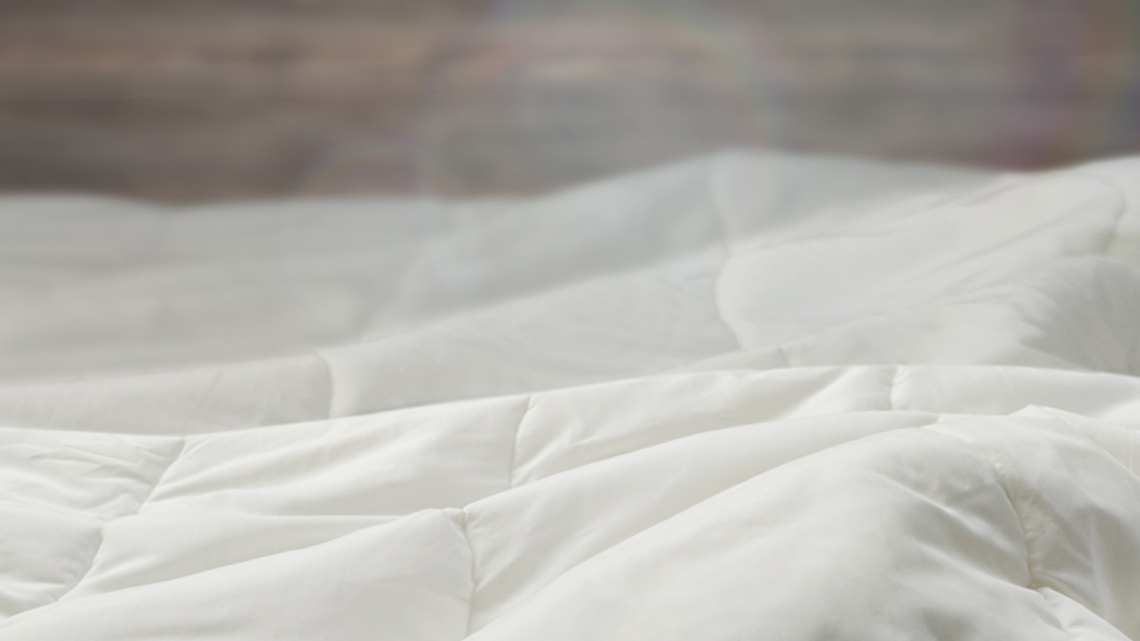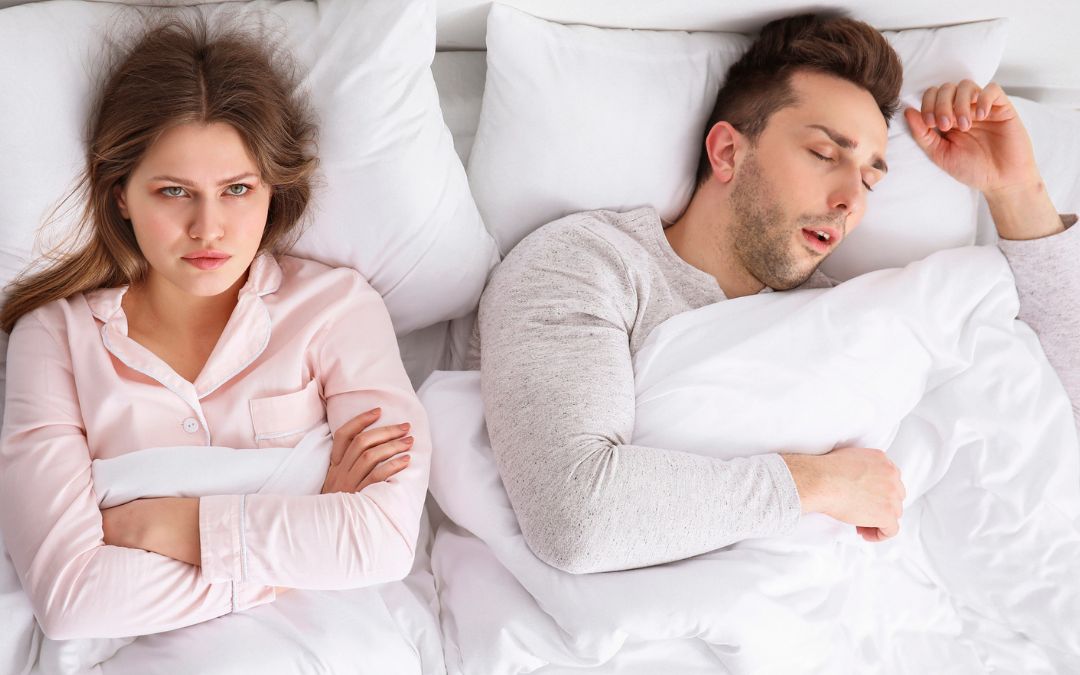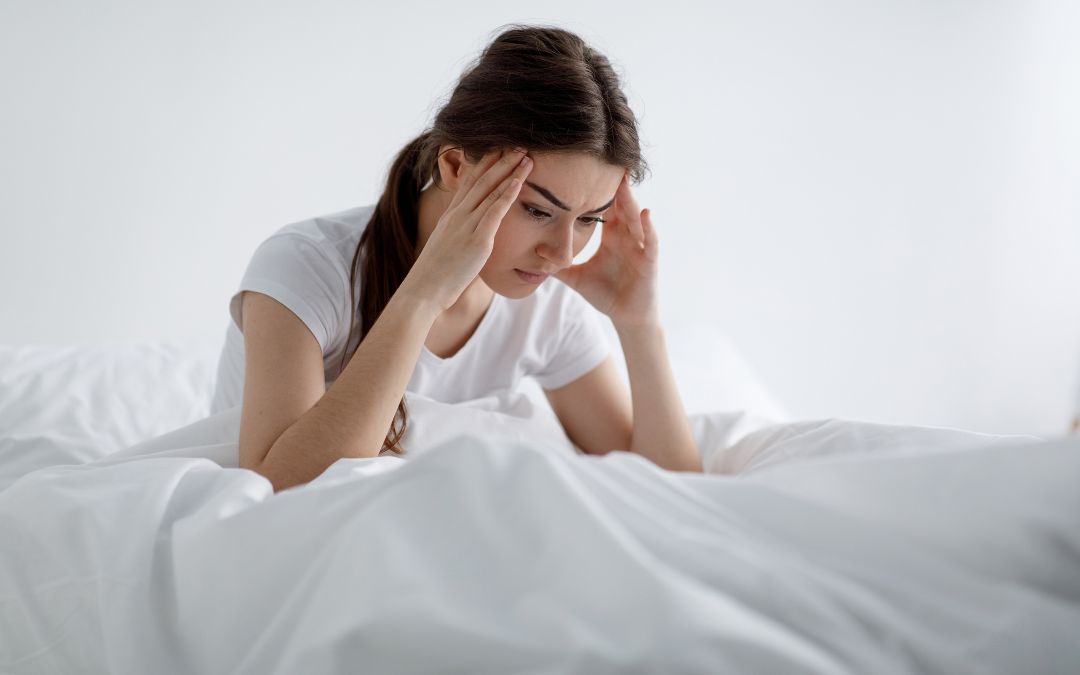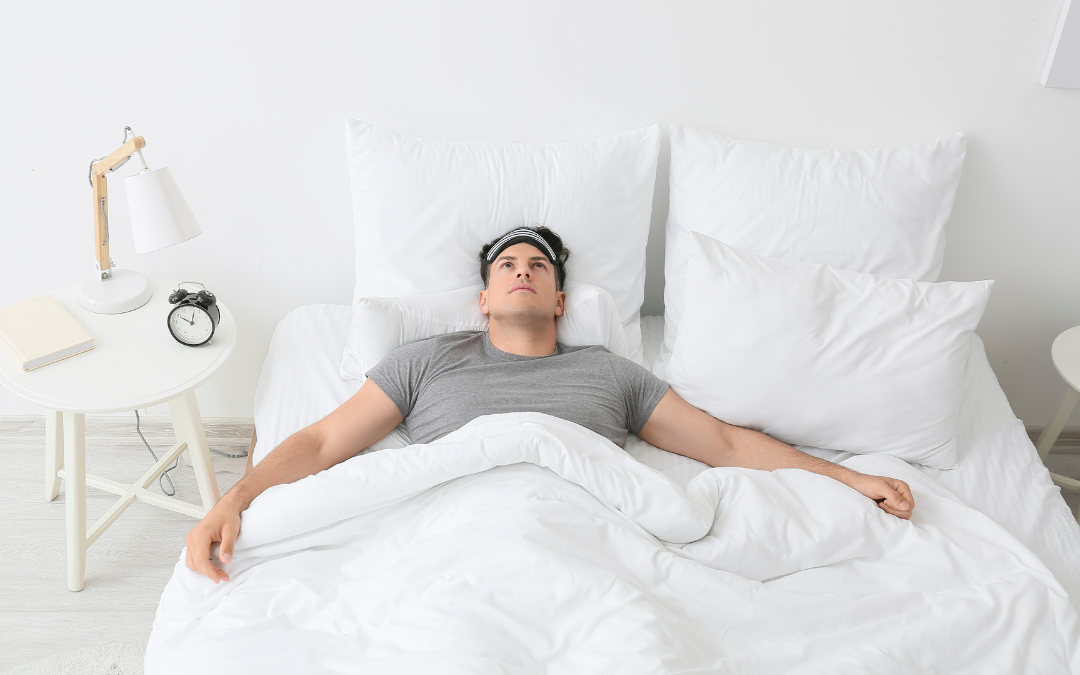News
How can allergies affect your sleep?
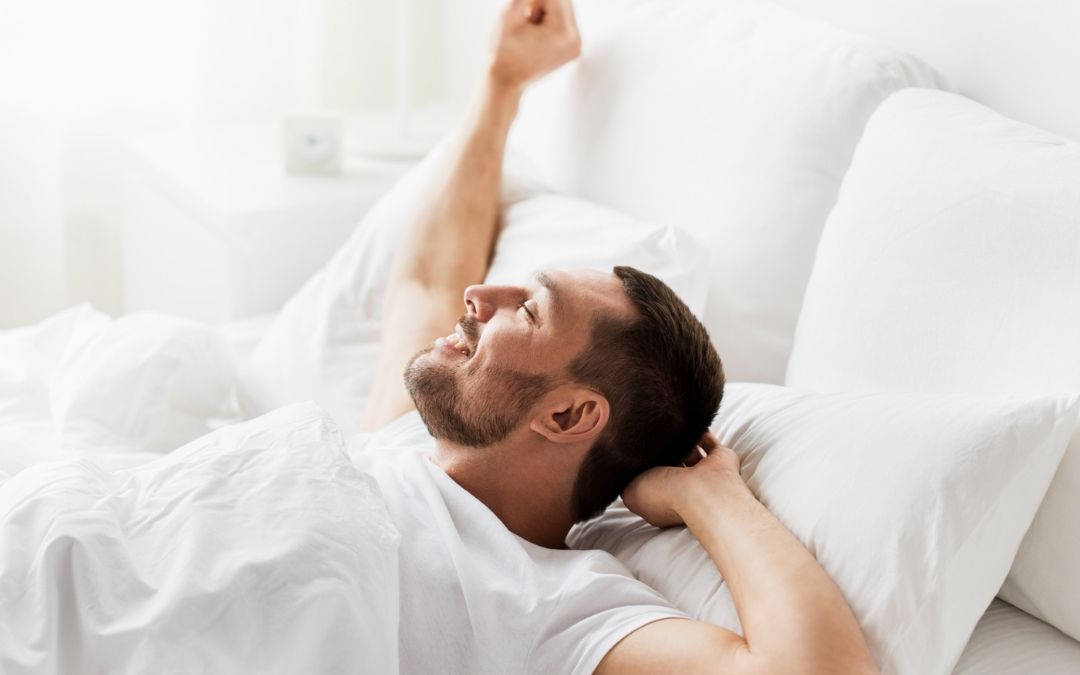
If you have experienced various types of allergies each year, you're probably wondering how they affect your sleeping patterns. Sleep is a necessary and critical part of one's health, but for too many, allergies negatively impact their sleep in more ways than one. Read on to find out just how allergies affect your sleep and what you can do to prevent it.
Allergy symptoms worsen at night
Allergens irritate your nasal passages, creating uncomfortable symptoms like congestion, sneezing, and watery eyes. Unfortunately, not only does this impact your ability to breathe easily, but allergy symptoms also tend to worsen at night. This leads to poor quality sleep, making you more tired in the morning. To reduce allergy symptoms at night, many people buy a hypoallergenic sheet to ensure better quality sleep.
Allergies can cause insomnia
Allergies don't just impact the quality of your sleep due to your inability to breathe well; they can also interfere with your ability to stay asleep once you've finally caught some Zs. Allergies often wake people up in the middle of the night, whether it's due to a stuffy nose, a sneezing or coughing fit, or just a general feeling of being uncomfortable.
Allergies impact your day-to-day life
Allergies don't just affect your quality of sleep, the amount of oxygen you take in at night, and your ability to stay asleep; they impact your everyday life. You might find yourself being more fatigued during the day than other people, wake up with a headache, or have irritated sinus pressure all day. Being proactive about getting quality sleep at night, such as making sure to have a hypoallergenic sheet on your bed and an air purifier, can also improve your daily functioning.
What can you do?
Luckily, there are a few ways you can mitigate the negative effects allergies can have on your sleep. If you aren't already taking allergy medication every day, it might be time to consider talking to your doctor about this. Another thing you should do is invest in things that can reduce your allergies at night, such as a hypoallergenic sheet, a humidifier, and an air purifier in your bedroom. Finally, if your allergies are impacting how well you sleep, it may be time to consider going to an allergist and exploring your options.
Sleep is far too important to your health for you to continue to let allergies ruin it. For comfortable, soft, and high-quality hypoallergenic bedsheets for your sleeping space, contact BSensible today.


